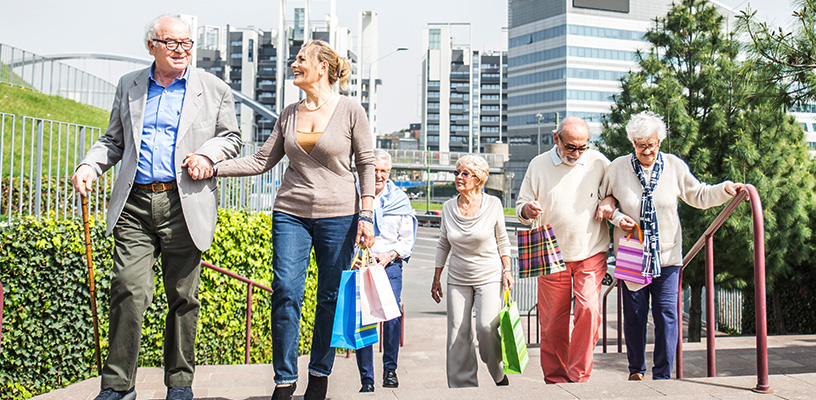Aged Care Services to Support Relatives
Aged care services are designed to support the health and well-being of older people who need assistance with daily living activities, such as personal care, domestic tasks, social support, transport, medication management and nursing care. Aged care services can be delivered in various settings, such as the person’s own home, a residential aged care facility, a retirement village or a community centre.
One of the main benefits of aged care services Brisbane is that they can provide relief and peace of mind to the relatives of elderly people who may not be able to meet all their needs by themselves. Relatives of elderly people often face multiple challenges and responsibilities, such as balancing work and family commitments, caring for their own children or grandchildren, managing their own health issues and coping with the emotional stress of seeing their loved one’s decline. These challenges can affect their physical and mental health, their relationships and their quality of life.
By accessing aged care services, relatives of elderly people can share some of the burden and responsibility of caring for their loved ones with qualified and experienced professionals who can provide appropriate and personalised care. This can help them to reduce their stress levels, improve their well-being and enjoy more time and energy for themselves and their other roles. It can also help them to maintain a positive and respectful relationship with their elderly relatives, as they can focus more on the emotional and social aspects of caring rather than the practical and physical ones.
Another benefit of aged care services is that they can enhance the quality of life and independence of elderly people and their relatives. Aged care services can help elderly people to stay in their own homes for longer, which can preserve their sense of identity, dignity and comfort. They can also help them to access a range of activities and programs that can stimulate their physical, mental and social health, such as exercise classes, art therapy, music therapy, gardening, outings and social groups. These activities can help them to maintain or improve their functional abilities, prevent or delay cognitive decline, reduce isolation and loneliness and increase their happiness and satisfaction.
For relatives of elderly people who live in residential aged care facilities, aged care services can also provide them with reassurance that their loved ones are receiving high-quality care in a safe and supportive environment. They can also benefit from the facilities’ amenities and resources, such as visiting hours, family rooms, gardens, cafes and libraries. They can also participate in the facilities’ events and activities that are designed to foster a sense of community and belonging among residents, staff and families.
In conclusion, aged care services can offer many benefits to relatives of elderly people in Australia who may struggle to cope with the demands and challenges of caring for their loved ones. Aged care services can provide them with relief, peace of mind, well-being, quality of life and independence by sharing the care with professionals who can deliver appropriate and personalised care in various settings. Aged care services can also enhance the health and happiness of elderly people and their relatives by providing them with opportunities to engage in stimulating and meaningful activities that can enrich their physical, mental and social health.
